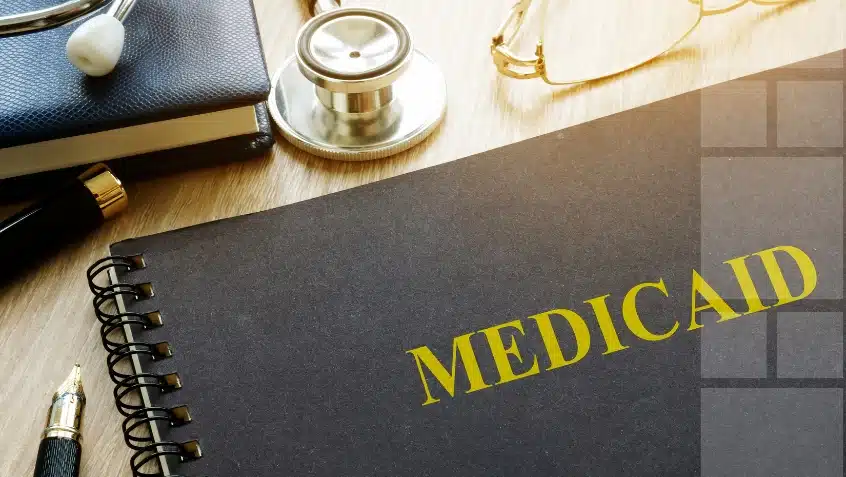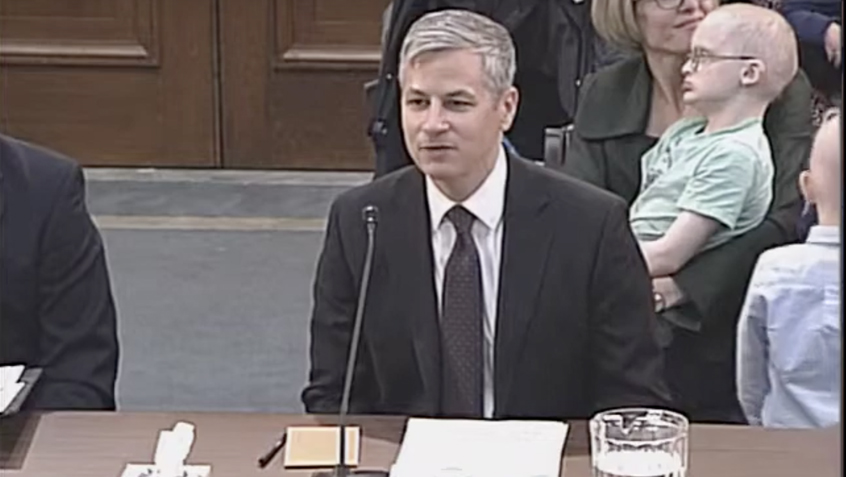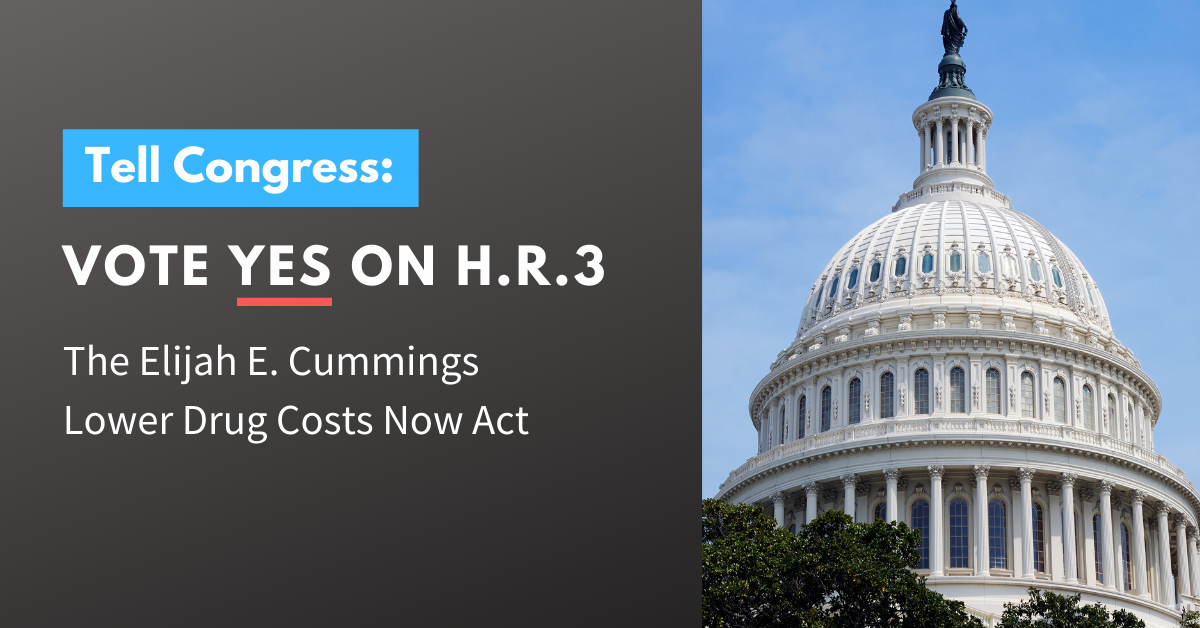
U.S. Supreme Court Clears the Way for Harmful “Public Charge” Rule
In a 5-4 ruling, the Supreme Court on Monday lifted a temporary injunction blocking the Trump administration’s “public charge” rule. The policy may now take effect almost everywhere, even as litigation challenging the regulation continues in the lower courts.










